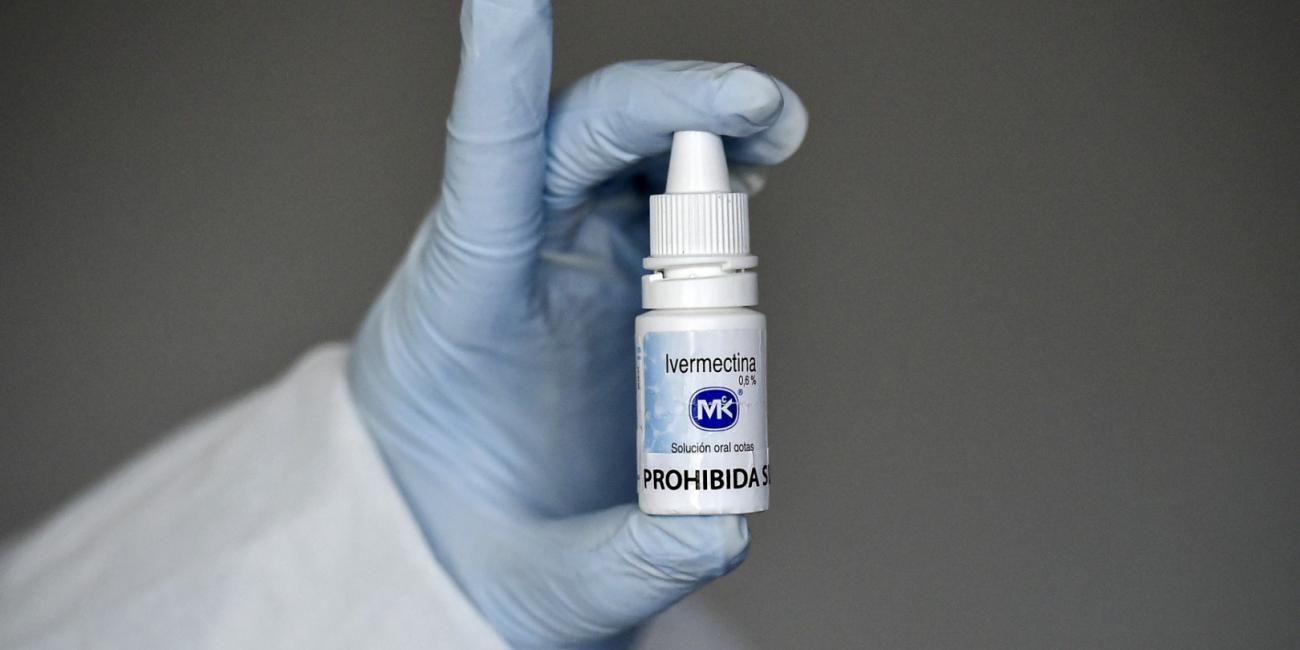
Facebook users in South Korea share misleading advice outlining 'how to refuse' Covid-19 vaccinations
- This article is more than five years old.
- Published on January 28, 2021 at 08:30
- Updated on February 4, 2021 at 01:54
- 2 min read
- By Richard KANG, AFP South Korea
The claim was published on Facebook here on January 24, 2021.

Part of the post’s Korean-laguage text graphic translates to English as: “How to refuse the compulsory vaccination.
“What to remember at a hospital when you are forced [to receive vaccines].
“The Oath of Hippocrates… the Declaration of Geneva.”
The post circulated online after a group of South Korean lawmakers proposed a new Covid-19 vaccinations bill on January 19, 2021.
The same text graphic was also shared on Facebook here, here, here and here.
The claim, however, lacks important context.
Medical ethics
The Hippocratic Oath and the Declaration of Geneva are codes of ethics for medical practitioners. They are not legally binding and do not apply to a patient’s rights.
The Hippocratic Oath is an ancient pledge that requires medical professionals to adhere to certain ethics, namely to refrain from causing harm and to practice medicine to the best of their ability.
“The oath is not legally binding. It is more of an ethical signpost,” reads an article published here in the Indian Journal of Psychiatry in April 2019.
The Declaration of Geneva, which was adopted at the General Assembly of the World Medical Association in 1948, is also a pledge for medical professionals.
“I will respect autonomy and dignity of my patient” and “I will maintain the utmost respect for human life,” two of the declaration’s verses read.
Neither the Hippocratic Oath nor the Declaration of Geneva make reference to vaccines.
Covid-19 vaccination bill
While the proposed bill in South Korea states that “all citizens are obligated to receive the Covid-19 vaccine,” there is an exemption clause for people with “special circumstances”.
The bill, which is still under review as of January 28, 2021, does not elaborate on what circumstances qualify for exemption.
A spokesperson for Hong Joon-pyo, one of the lawmakers who proposed the bill, told AFP that the exemption requirements have not yet been decided.
“There are many factors to be considered such as patients’ health condition, underlying disease, allergy or even psychological resistance,” the spokesperson said in a phone interview on January 27, 2021.
“This is something that the government, lawmakers and medical industry need to put their heads together to discuss.”
As noted on the South Korean National Assembly’s website here, proposed bills must pass six stages in the legislative process before they become law.
Copyright © AFP 2017-2026. Any commercial use of this content requires a subscription. Click here to find out more.
Is there content that you would like AFP to fact-check? Get in touch.
Contact us




